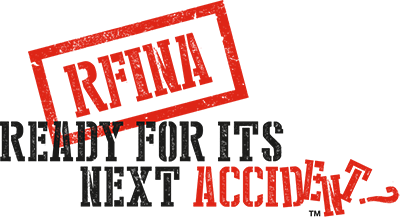The Present And The Future
Over the last several years it has become clear to progressive repairers that modern cars cannot be repaired correctly without good current equipment, well trained staff and disciplined adherence to correct, vehicle-specific repair procedures.
With significant investments in equipment and training these repairers are able repair to vehicles properly now and in the future.
Many have followed this model, but a significant majority of the repair industry is still “repairing” cars with few changes from 5 or 10 years ago. So far, the cars are going out the door, the insurance company is not being asked to pay for sophisticated repairs, and nobody had to think outside of yesterday’s box.
In 2021 the progressive repairers are ready for a future of correct repairs but many other operators are hoping it will not arrive. They are making money now and the requirements for correct repairs include expensive equipment and training (also expensive) that will be very hard to do with a group of technicians who have not had to take any training for many years.
As examples of how hard this will be for the overall industry, here are a few observations from Canada …
- In Saskatchewan, Saskatchewan Government Insurance (SGI) wants cars to be repaired better and operators will have to show that they have the right equipment to do the repairs. In January of 2020 they were told they would have to have some key pieces of equipment by March 2021. And if they don’t, they would still be allowed to repair cars for SGI, they just won’t get paid as much.
- The Insurance Corporation of British Columbia (ICBC) has a new collision repair program to encourage operators to become properly equipped and trained. One equipment supplier asked me how often we use our electronic measuring equipment (we have had it for over 12 years and use it many times each week) as he had customers asking him why they would need to buy that equipment just so it could gather dust in the corner. Or the other one telling him that he didn’t need a resistance spot welder (which is the only equipment that can be used to weld light-weight high-strength steel properly) because his technicians could weld anything they came across now with the equipment they had.
- A young estimator was at a job interview in 2019. He asked the operator how they accessed the correct repair procedure, and was told, “We don’t do any of that. Cars are easy to fix, and we know how.”
In America, Jeff Peevey, a knowledgeable industry participant, talked about being underwater at a presentation to the Collision Industry Conference (CIC) in early 2020. His point was that what had been described as a tsunami of change a few years ago was in fact not a tsunami, it was a sea level change, and most repairers are still on the old beach, underwater.
